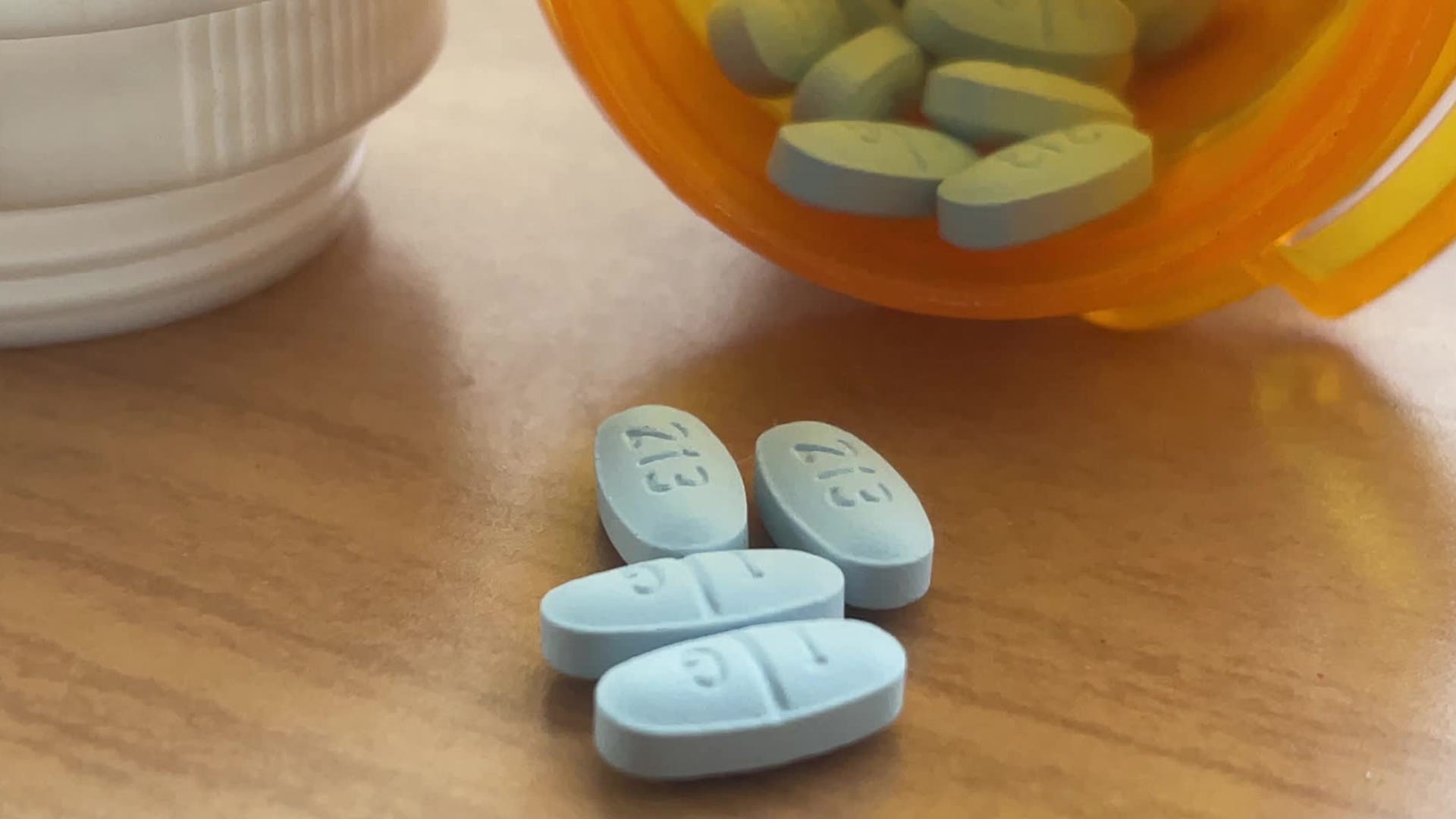Sharief said she has a ‘responsibility … to meet with constituents of all parties, positions, and beliefs — even ones I disagree with.’

How are SSRIs used to treat depression and anxiety?
Antidepressants like SSRIs can be life-saving for people struggling with depression, OCD, anxiety and other mental health conditions. Here’s how the work.
- A Florida Democrat has filed a bill requiring toxicology reports on suspected mass shooters to test for psychotropic drugs.
- The bill was inspired by a group affiliated with the Church of Scientology, which opposes psychiatry and related medications.
- State Sen. Barbara Sharief, who filed the bill, said she was unaware of the group’s Scientology connection when they approached her.
A Florida Democrat has filed a bill backed by the Church of Scientology in response to a spate of mass shootings in Florida and across the country.
The measure (SB 54), filed by state Sen. Barbara Sharief, D-Davie, would require medical examiners to conduct a toxicology report and test for psychotropic drugs — including antidepressants, antipsychotics, mood stabilizers and anti-anxiety medications — on anyone suspected of committing a mass shooting.
The bill also requires medical examiners to consult with a suspect’s primary care physician or mental health professional.
Law enforcement, first responders and teachers would also be required to train “on the adverse effects of psychotropic drugs, illicit drugs, and controlled substances, including irrational, violent, or suicidal behavior that may be demonstrated by persons under the influence of such drugs or substances.”
In an interview with the USA TODAY NETWORK-Florida, Sharief said she was inspired to file the bill after she was approached by a group called The Citizens Commission on Human Rights of Florida (CCHR). That group is a “flag service organization” within the Church of Scientology, according to the church’s website.
“CCHR’s goal is the protection of the public from predatory psychiatric practices: exposing the drugging of active military personnel and veterans; the labeling and drugging of children with purported ‘disorders’; and the insidious culture of psychotropic marketing schemes based on the pseudoscience of modern-day psychiatry implemented at the expense of human lives,” the website says.
The Church of Scientology is opposed to psychiatry and medication for mental illness, even calling psychiatry “an industry of death,” and has an exhibit in downtown Clearwater that equates psychiatry with the Holocaust.
Sharief said she did not know the group was affiliated with the Church of Scientology when they approached her.
“To be clear: no part of my bill came from their organization, and I still stand by it,” she said in a statement.
“I haven’t taken a meeting with them yet, but I was unaware of their affiliation when they reached out to speak to me. And while I certainly don’t agree with the tenets and tactics of the Church of Scientology, I do have a responsibility as an elected official to meet with constituents of all parties, positions, and beliefs — even ones I disagree with.”
A request for comment is pending with the Citizens Commission.
Sharief wants to know if mass shooters are on meds
Sharief said some of the people who commit mass shootings don’t have a history of violence, and she wants to know if suspected mass shooters are on prescription medication when they commit the crime.
Having the data will help treating physicians and health providers when they document medical history, she said, and gives first responders, law enforcement and teachers to recognize the effects of selective serotonin reuptake inhibitors (SSRIs), which can include irritability, impulsivity, suicidal or homicidal ideation or aggression toward others.
People under the age of 25 may experience an increase in suicidal thoughts or behavior when taking SSRIs, especially when they first start them or when they take a different dose, according to The Cleveland Clinic. However, complications are rare. SSRIs are the most commonly used antidepressant in the United States.
Sharief, who holds a doctorate in nursing, said she looked at a similar bill passed in Tennessee when she wrote her legislation. She said she did not speak to physicians when she wrote her bill, as it’s aimed more toward law enforcement and medical examiners.
In Tennessee, a bill (HB 1379) sponsored by Rep. Mary Littleton, R-Dickson, requires a medical examiner who is conducting the autopsy of a suspected mass shooter to attempt to consult the suspect’s physician and mental health care professional and test for drugs, including prescription drugs.
The Tennessee law, however, does not require any training to recognize the “adverse effects of psychotropic drugs” and will send all data to the University of Tennessee’s health science center to “study the drug interactions between the psychotropic drugs and any other drugs that were present in the decedent’s system.”
In late August, state Sen. Jonathan Martin, R-Fort Myers, said he would file a bill that would inform Floridians if “any terrorist, mass murderer, or other unprovoked person was on SSRIs or received hormone therapy at any point in their life.”
Martin posted the statement on X after a transgender person killed two children and injured 17 others in a mass shooting at a Minnesota church. “The numerous instances of killing innocent children by those who are suspected of taking these drugs is far too prevalent to continue to go unchecked,” he wrote.
The 2026 legislative session convenes Jan. 13, and committee weeks begin Oct. 6. If passed, Sharief’s proposal would take effect July 1, 2026.
Ana Goñi-Lessan, state watchdog reporter for the USA TODAY Network – Florida, can be reached at agonilessan@gannett.com.









